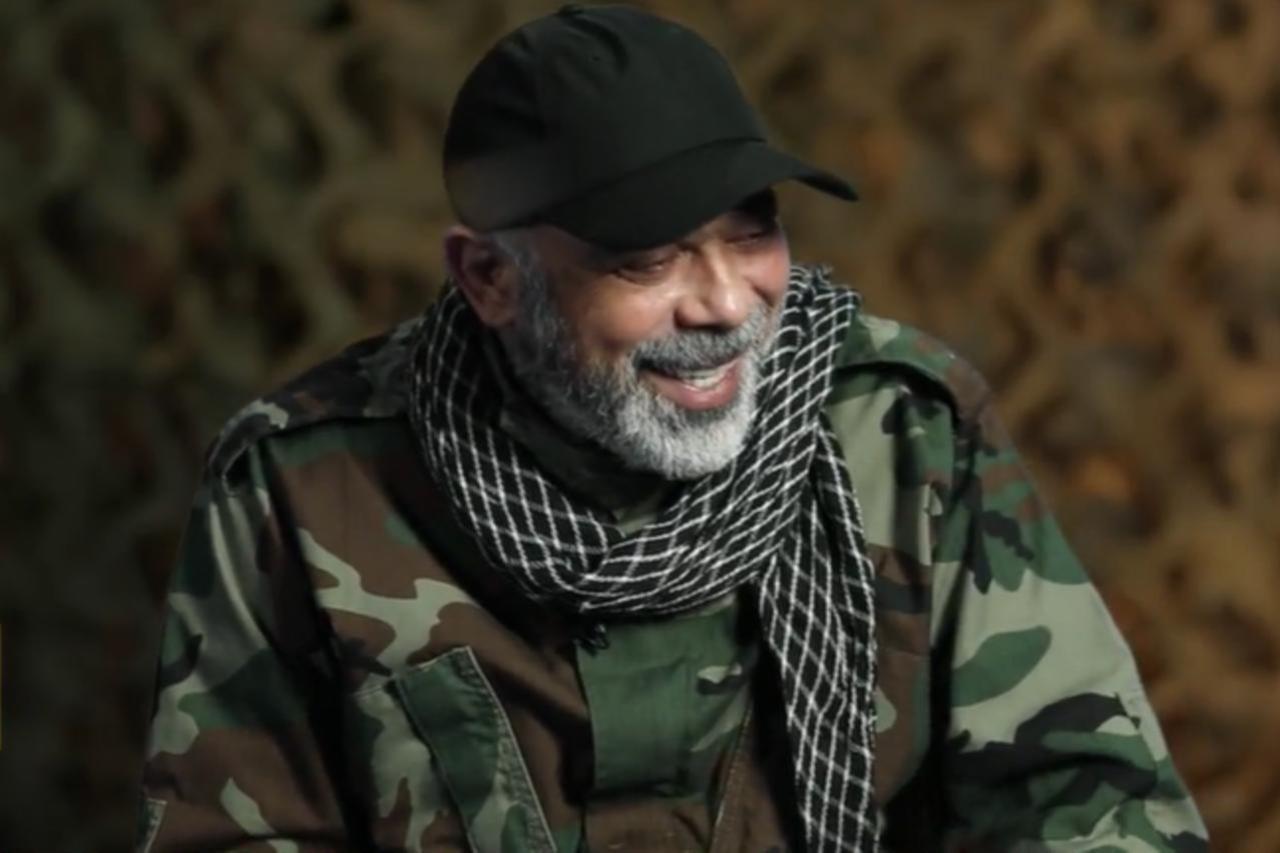
Israel is preparing for a potential Hezbollah response after the assassination of senior commander Haytham Ali Tabatabai in an airstrike on Beirut’s southern suburb, an operation that has heightened fears of renewed escalation despite the ongoing ceasefire.
The assassination was carried out on Sunday. For weeks, Israeli leaders have been warning of a prolonged war or a new round of fighting. The ceasefire declared on Nov. 27, 2024, has not stopped daily attacks on southern Lebanon and other areas, including the Bekaa and Beirut’s southern suburb.

Tabatabai, born in 1968, is considered one of Hezbollah’s most prominent military commanders. He rose through senior positions that included leading the Radwan Force and elite units in Syria, and he played an influential role in supporting the Houthis through training and weapons assistance.
He later became Hezbollah’s second-in-command following the killing of Fouad Shukr in 2024. The United States designated him as a “global terrorist” in 2016 and offered a reward of up to $5 million for information on his whereabouts.
Hezbollah announced the death of senior commander Tabatabai (Abu Ali), describing him as a key figure in the group’s military structure and vowing that his death would reinforce its fighters’ resolve.
In its statement, the group added that his death would inspire fighters with renewed resolve.
According to Doron Kadosh, the military correspondent for Israel’s Army Radio, Hezbollah is weighing several response options, including launching a barrage of rockets deep into Israeli territory, carrying out an infiltration operation, or pushing the Houthis to mount an attack. He also noted that the group may still choose not to respond.
He added that the Israeli army has raised the readiness level of its air defenses and is leaving the door open for a new “weakening round” against the group.
Israel says Hezbollah has continued strengthening its capabilities in recent months, despite daily attacks. Military analyst Yoav Zitun of Yedioth Ahronoth reports that the army carried out about 1,200 incursions over the past year into 21 southern villages, destroying buildings and infrastructure it claims were previously unidentified, along with conducting three to five airstrikes per day inside Lebanese territory.
Zitun warned that the Israeli army could face a significant dilemma in carrying out any large-scale preemptive operation, noting that Hezbollah could retaliate with rocket fire on Haifa and Tel Aviv, as well as drone attacks targeting strategic sites in the north.
He stressed that the group still retains substantial capabilities despite the losses among its senior commanders. In the same context, expert Amatzia Baram told Maariv that the key question is how Hezbollah will respond.
He noted that younger leaders within the group are pushing for a forceful reaction, while Deputy Secretary-General Naim Qassem is seeking to maintain a policy of restraint.
Baram sees three likely scenarios: no response, targeting Israeli military sites in the south, or attacking border towns, while ruling out a large-scale strike on cities such as Haifa, Acre, and Nahariya.
Despite the cease-fire agreement, Israel continues to occupy five hills in southern Lebanon that it seized during the latest war, in addition to other Lebanese areas it has held for decades.
It also maintains its occupation of Palestine and Syrian territory while refusing to withdraw to allow the establishment of an independent Palestinian state.